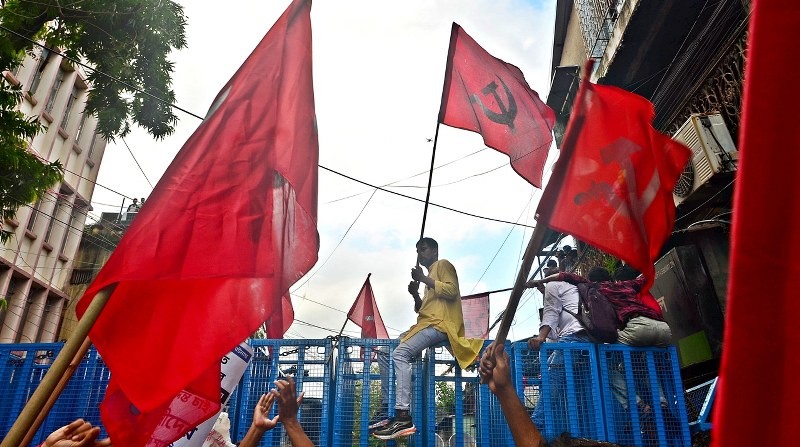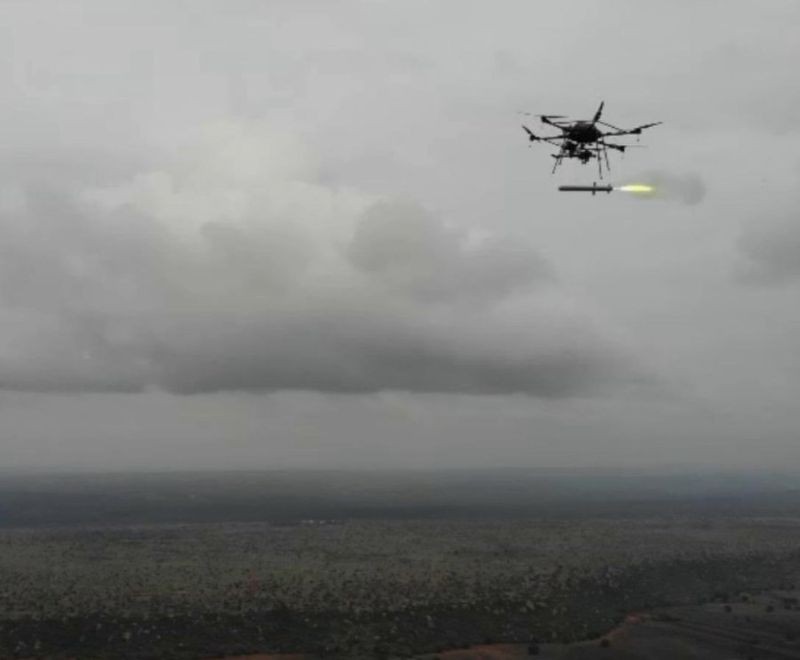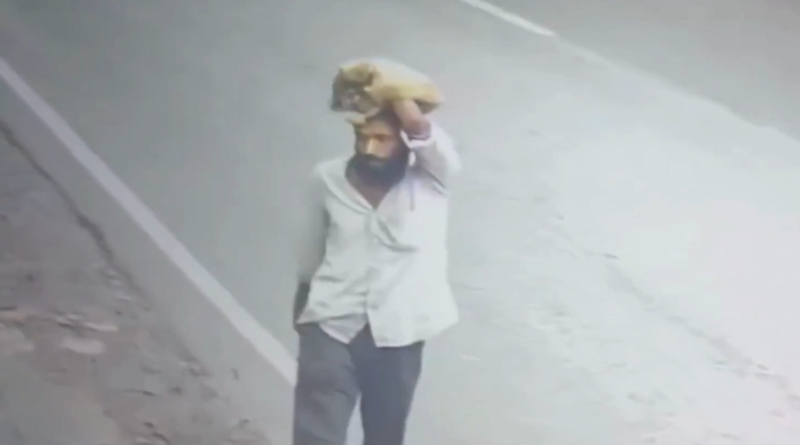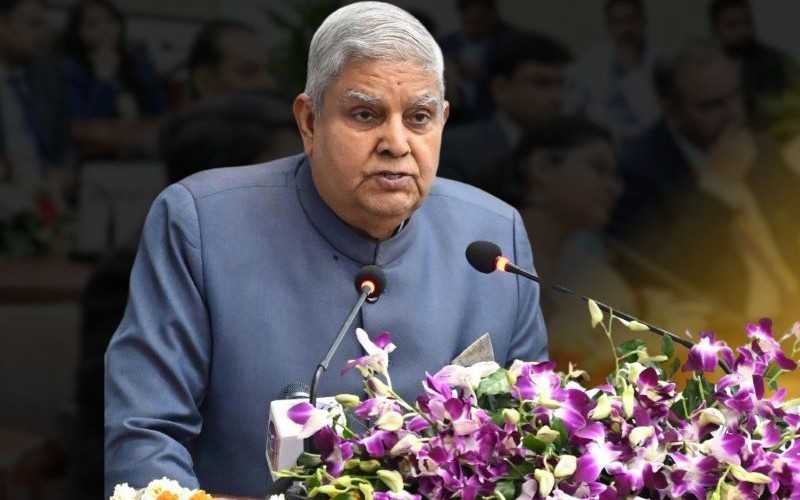India seeking details on Uzbekistan's investigation into child deaths linked to India-made cough syrup: Arindam Bagchi
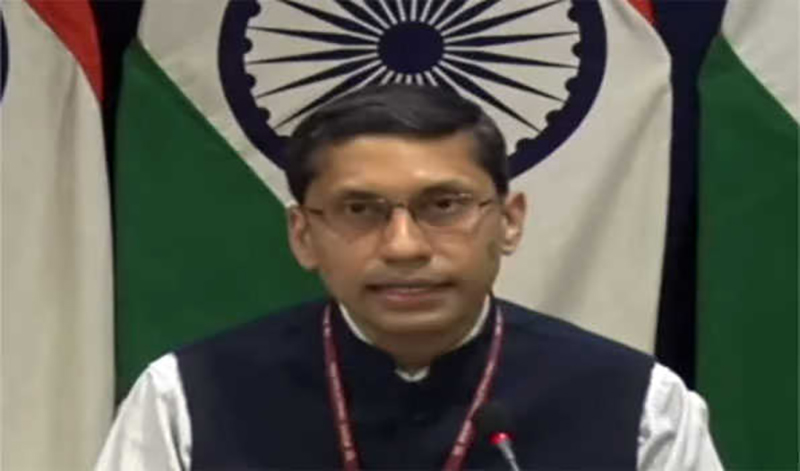
New Delhi/IBNS: After Uzbekistan blamed Indian cough syrup for the death of 18 children in the country, Ministry of External Affairs (MEA) spokesperson Arindam Bagchi Thursday said the domestic pharma industry remains a reliable supplier of drugs across the world.
According to the press service of Uzbekistan’s health ministry, laboratory studies by a special working group detected ethylene glycol in Dok-1 Max, a cough syrup made by Noida-based Marion Biotech, consumed by the children suffering from acute respiratory diseases.
Eighteen out of the 21 children died after taking the syrup, the study had said.
Describing the death of 18 children, Bagchi said Uzbek authorities have not formally taken up the matter with India.
“Nevertheless, our embassy has contacted the Uzbek side and is seeking further details of their own investigation,” he added.
He said the deaths appeared to have occurred over the period of two months.
“We understand that the Uzbek authorities are investigating this case, including whether there is a possible link with a cough syrup allegedly manufactured in India,” he said.
“We understand that legal action has been initiated by the Uzbek authorities against some people, including the local representative of the company there. In that context, we are extending necessary consular assistance to [that] individual,” he added.
Referring to a statement by the Union health ministry, Bagchi said the Central Drugs Standard Control Organisation (CDSCO) has been in touch with Uzbekistan’s national drug regulator pertaining to the matter since December 27.
The Uttar Pradesh Drug Control and CDSCO held a joint inspection of Marion Biotech’s manufacturing unit in Noida and “further action as appropriate will be initiated based on the inspection report,” the health ministry said.
Marion Biotech is licensed by the Drugs Controller of Uttar Pradesh for manufacturing Dok-1 Max syrup and tablets for export.
Samples of the cough syrup collected from the factory have already been sent to the Regional Drugs Testing Laboratory (RDTL) in Chandigarh for tests.
The MEA spokesperson said he would be “very hesitant” to compare the situation in Uzbekistan with that of Gambia where 63 child deaths were linked to a cough syrup made by another Indian company.
“There are proper investigative mechanisms to find out what happened [and] each incident would be different. In the other case, the drug regulatory authorities were in touch with the WHO and the company,” he said.
“The Indian pharmaceutical industry has been a reliable supplier to countries across the world. It continues to be, in various forms of medicines or other pharmaceutical products. We take very seriously any such incidents when they come up...Let me not jump the process without the full investigation [having been completed],” Bagchi said.

